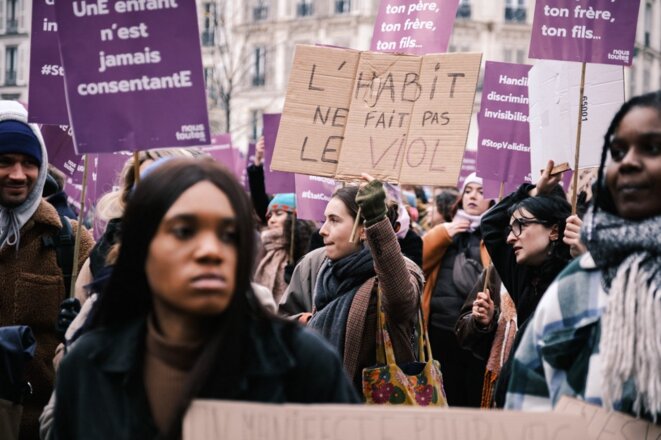
Record-breaking Canadian wildfires continue to fill skies across much of North America with smoke, putting about 100 million people under air quality alerts. New York City recorded the worst air quality of any major city in the world as a result of the haze. Around the world, air pollution is already responsible for as many as 10 million deaths per year, and the problem is likely to get worse, says New York Times opinion writer David Wallace-Wells. He explains how today’s smoky skies are a glimpse of our future in the climate crisis, when warmer temperatures and dry conditions will continue to increase the size and severity of wildfires across the globe. “It’s not just that we’re getting more fires, and it’s not even that they’re getting larger. They’re also getting much more intense, which means that they are cooking much of the landscape,” says Wallace-Wells, author of The Uninhabitable Earth: Life After Warming. We also hear from Cree/Iroquois/French journalist Brandi Morin, who just returned from reporting on the wildfires raging in the remote Indigenous community of Fort Chipewyan in Canada’s North, which she calls the “epicenter of the effects of climate change because it’s downstream from one of the largest oil production developments in the world, Alberta’s oil sands.”

 1 year ago
33
1 year ago
33


